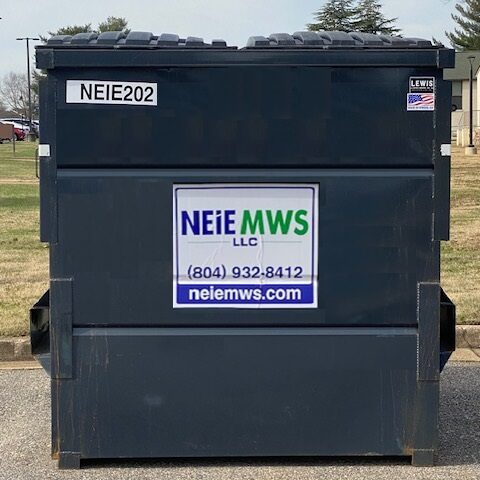The handling of medical waste is one of the most crucial yet often overlooked aspects of healthcare. Every day, hospitals, clinics, and laboratories generate significant amounts of waste that can pose health and environmental risks if not managed properly. From used syringes to contaminated packaging, improper disposal could lead to hazardous exposure and contamination. This is why specialized services like NEIE Medical Waste Services play an essential role in ensuring compliance, safety, and sustainability across healthcare environments.
Understanding the Importance of Medical Waste Management
Medical waste is unlike ordinary trash; it often contains infectious or biohazardous materials that demand strict handling. Effective management ensures not only regulatory compliance but also safeguards public health. A trusted provider such as NEIE Medical Waste Services helps healthcare facilities streamline processes by offering tailored collection, transportation, and treatment solutions. These services are designed to reduce risks, prevent environmental damage, and promote accountability within the healthcare sector, making proper waste disposal a critical responsibility for every medical institution.
Challenges Healthcare Facilities Face with Waste Disposal
Healthcare institutions encounter several difficulties in managing waste, ranging from regulatory requirements to logistical complexities. Many facilities struggle with categorizing waste correctly, while others lack efficient systems for timely disposal. Without a reliable partner, these challenges can escalate, increasing the risk of fines and operational inefficiencies. Partnering with a provider known for expertise in medical waste, such as NEIE Medical Waste Services, addresses these challenges by ensuring consistent compliance with local, state, and federal regulations while offering peace of mind to medical professionals.

How Specialized Services Improve Safety and Efficiency
Beyond simply removing waste, specialized services contribute to broader safety and sustainability goals. NEIE Medical Waste Disposal provides advanced solutions that reduce the chances of contamination during collection and transportation. By using approved containers, secure transportation methods, and modern treatment technologies, these services help minimize potential hazards. Efficient systems also reduce unnecessary costs and streamline workflows within healthcare environments, enabling staff to focus more on patient care rather than waste-related concerns. Such reliability underscores the vital role specialized providers play in medical safety.
The Broader Impact on Environment and Community
Improper disposal of medical waste can have long-term environmental consequences, such as soil and water contamination. Communities exposed to these risks may face public health challenges that are entirely preventable. Through strict adherence to environmentally responsible practices, providers like NEIE Medical Waste Disposal support not only healthcare facilities but also the broader public. Their focus on sustainable disposal methods helps limit pollution, conserve resources, and promote a healthier environment. In doing so, medical waste management becomes a shared responsibility that benefits society at large.
Conclusion
Safe medical waste management ensures protection for patients, healthcare workers, and the environment alike. By offering dependable, compliant, and sustainable solutions, providers make an often-overlooked aspect of healthcare both effective and secure. Choosing the right service provider can significantly impact safety, compliance, and environmental sustainability. For healthcare organizations seeking reliable support, neiemws.com offers a professional approach to medical waste management, ensuring high standards of safety and responsibility in every step of the process.